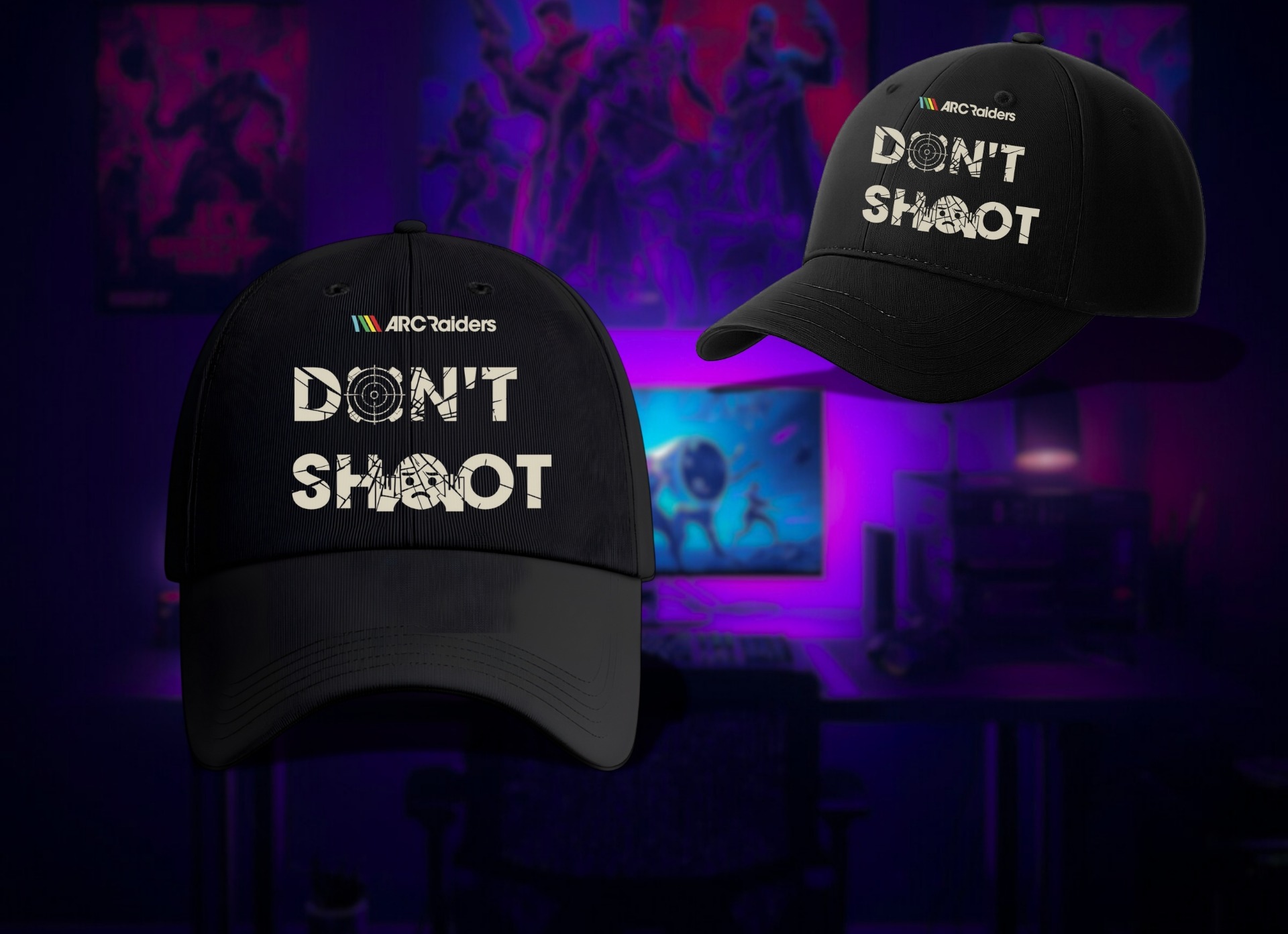Meta Quest CTO Responds to v77 Update Bug Complaints
Meta CTO Andrew Bosworth issued an official response to widespread complaints about bugs in Meta Quest update v77. He admitted problems were known during PTC phase, but update was released anyway because it allegedly didn't affect "a large number of people." Developers are furious and accuse Meta of ignoring their feedback.

What Happened with Meta Quest Update v77? 🎮
Meta Quest update v77 began rolling out several weeks ago and since then the community has been bombarded with complaints about significant bugs and issues. Meta CTO Andrew Bosworth had to respond to a wave of criticism from developers and users frustrated with the state of this update.
How can an update be so buggy? According to Bosworth's team, problems were known during testing phase, but they decided to release the update anyway, which angered the entire VR community.
Back in May, Bosworth responded to previous complaints regarding changes to Meta Quest headsets, including FPS limitations in Battery Saver mode. He acknowledged the issues and promised stricter quality control for future updates. Unfortunately, developers are now reporting the opposite trend.
Hey @boztank, your quality control failed again. v77 went out with game breaking bugs that affect everyone. Audio crackling (reported weeks ago), audio cutting out when you switch to passthrough, VP8 video no longer working, MediaCodec freezes, etc.
— Guy Godin (@VRDesktop) June 5, 2025
Good job ignoring all the… https://t.co/CjChCcXFoO
What Specific Problems Does v77 Update Cause? 🔧
After the release of Meta Quest v77 update, several serious problems emerged affecting both regular users and app developers:
Audio Issues
✓ Audio cutting out in passthrough mode
✓ Audio crackling across various applications
✓ Sound dropouts during gameplay
✓ Microphone dysfunction in multiplayer applications
Technical Problems
✓ MediaCodec freezes causing app crashes
✓ Performance drops in demanding games
✓ Tracking glitches affecting hand tracking
✓ Passthrough mode instability
Virtual Desktop developer Guy Godin directly tweeted at Bosworth, accusing Meta team of ignoring PTC reports (Public Test Channel) before release and releasing the update despite known issues.
💡 Pro tip: If you have Meta Quest and suffer from these problems, you can try restarting the headset or rolling back to previous version if possible.
Bosworth AMA - Admitting Mistakes and Explanations 🎯

In an Ask Me Anything session, Andrew Bosworth acknowledged the frustration directed at him and Meta and admitted developers have reason to be angry. However, his explanation didn't convince many people.
Why Was the Buggy Update Released?
According to Bosworth's statement:
- Problems were seen in PTC phase
- Meta decided to proceed with release
- Allegedly didn't affect "a large number of people"
- There were "bunch of reasons" why they had to proceed
- Can't go into specific details
❌ A common mistake is releasing updates without thorough testing by the broader community, which Meta evidently did.
Technical Obstacles for Fixes
Bosworth also mentioned technical complications in fixing issues:
- Some fixes require firmware updates from Qualcomm
- Meta Quest 3 uses Qualcomm chipset, complicating quick patches
- Team is working on fixes, but process is slow
- Quality control will allegedly be improved
Developer Community Response 😤
The VR developer community reacts to the situation very negatively. Main criticism points:
Ignoring PTC Feedback
Public Test Channel serves exactly to allow developers to test new features and report bugs before release. The fact that Meta ignored these reports is considered by the community as disrespecting their time and work.
Impact on VR Ecosystem
Buggy updates have far-reaching consequences:
- Developers waste time fixing compatibility issues
- Users have worse experience with VR applications
- Platform trust decreases
- New projects may be delayed
Comparison with Previous Issues
The situation isn't as catastrophic as December 2024 update that "bricked" some Meta Quest headsets, but the pattern of problematic updates continues.
Economic and Strategic Impact 💰

Meta needs a healthy VR ecosystem for their headsets' success. Frustrated developers might:
- Leave the platform in favor of competition
- Reduce support for new Meta Quest features
- Negatively affect VR adoption rate
- Damage Meta's reputation in VR space
Competitive Advantage for Others
Apple Vision Pro, PlayStation VR2, and other VR platforms can leverage Meta's instability to attract developers. Consistent quality becomes a competitive advantage.
What Does This Mean for Meta Quest's Future? 🔮
Long-term consequences of this situation could be significant:
Positive Scenario
- Meta actually improves QA process
- Future updates will be more stable
- Community forgives and ecosystem heals
- VR adoption continues growing
Negative Scenario
- Pattern of buggy updates continues
- Developers migrate to other platforms
- Meta Quest market share declines
- VR ecosystem becomes fragmented
⚠️ Warning: Meta can't afford to lose developer trust, because without quality applications, even the best headsets are just expensive paperweights.
Practical Advice for Meta Quest Users 🛠️
How to Minimize Problems
For regular users:
- Regularly restart your headset
- Close unused applications
- Monitor Meta support for official fixes
- Report issues through bug report system
For developers:
- Actively participate in PTC programs
- Document all bugs in detail
- Communicate with Meta developer relations
- Prepare workarounds for known issues
Industry Implications and Broader Context 📊
This Meta Quest v77 fiasco reveals deeper issues in VR platform management. The tension between rapid iteration and quality assurance is particularly challenging in the emerging VR market.
Platform Competition Dynamics
Meta's stumbles create opportunities for competitors:
- Apple Vision Pro can emphasize premium quality
- PlayStation VR2 offers console-grade stability
- PC VR platforms provide developer freedom
Developer Relations Strategy
Successful platform holders understand that developer satisfaction directly correlates with ecosystem health. Meta's approach of releasing despite known issues contradicts this principle.
Future Outlook and Lessons Learned 🔍
Meta Quest platform stands at a critical juncture. The v77 update controversy serves as a case study in what not to do when managing a developer ecosystem.
Key Lessons for Platform Holders
Essential takeaways include:
- PTC feedback must be taken seriously
- Developer frustration has long-term costs
- Quality over speed in platform updates
- Transparent communication builds trust
Recovery Strategy
Meta's path to recovery requires:
- Concrete actions, not just promises
- Improved QA processes with developer input
- Regular communication about fix progress
- Compensation for affected developers
Final Summary
The Meta Quest v77 update fiasco represents a serious problem for the VR ecosystem. Andrew Bosworth's admission of mistakes is a first step, but the community will watch actions, not words. Meta Quest's future depends on the company's ability to actually improve quality control and respect developer feedback.
Action Items:
- Monitor official Meta communication regarding fixes
- Report all issues through official channels
- Consider rollback to more stable version if possible
- Support developers with constructive feedback
Key takeaways include the importance of thorough testing before release, respecting community feedback, long-term consequences of poor quality control on developer ecosystem, and the need for Meta to take QA process seriously to maintain VR market leadership.
FAQ
Q: When will fixes for v77 problems be released?
A: Meta hasn't provided a specific date yet, but promises the team is working on fixes.
Q: Can I roll back to previous version?
A: Meta Quest typically doesn't allow rollbacks, but you can try contacting support.
Q: Do problems affect all Meta Quest models?
A: Issues appear across different models, but Meta Quest 3 is most affected.
Q: Why did Meta release a buggy update?
A: According to CTO, there were "bunch of reasons," but specific details weren't shared.
Q: Will this affect development of new VR games?
A: Yes, some developers have already expressed frustration and are considering other platforms.
Q: Is this the worst Meta Quest update?
A: No, December 2024 update was worse - it "bricked" some devices.
Q: How can I report problems?
A: Through official Meta Quest support or bug report system in headset settings.
Q: Will Meta compensate affected developers?
A: No compensation has been announced, but community pressure continues.
Related Articles:
Community and Newsletter
Want to be the first to know about the latest news? Join our CZ/SK community Discord where you'll find the freshest updates in the #herní-novinky channel! 🎮💥 You can also join discussions, find new friends, fellow players, participate in GIVEAWAYS and win peripherals or game keys that interest you! 🔑👾
Thanks to your support, I can create quality gaming content and bring you the latest information from the gaming world 🎮. Some links in my articles may be affiliate links - when you shop through them, I receive a small commission without changing the price for you. All products and games I recommend are carefully selected and personally tested. This income helps me remain an independent creator and bring you objective reviews and opinions. If you like my content, you can also support me through Twitch membership, YouTube or Discord Nitro boost. Thank you for your support! - MagicStark 💎

Daniel Haša
🎮 Streamer | 🎥 Content Creator | 📈 SEO Specialist | 🎮 Gamer & Beta Tester | ✍️ Copywriter | 🧠 AI user
Daniel is a passionate gamer and content creator who specializes in gaming reviews, guides a Gaming news from all over the world. He regularly streams on Twitch, creates detailed YouTube videos, and brings exclusive articles to magicstark.cz. He covers the latest titles, provides in-depth gaming analyses, and helps players get the most out of themselves.























